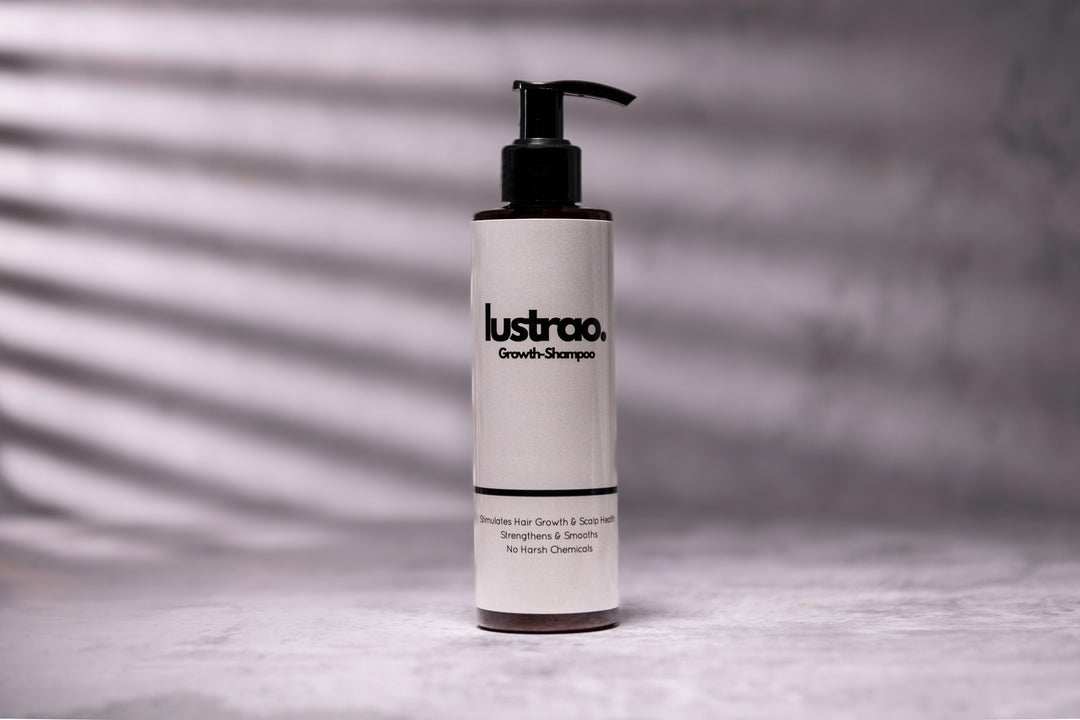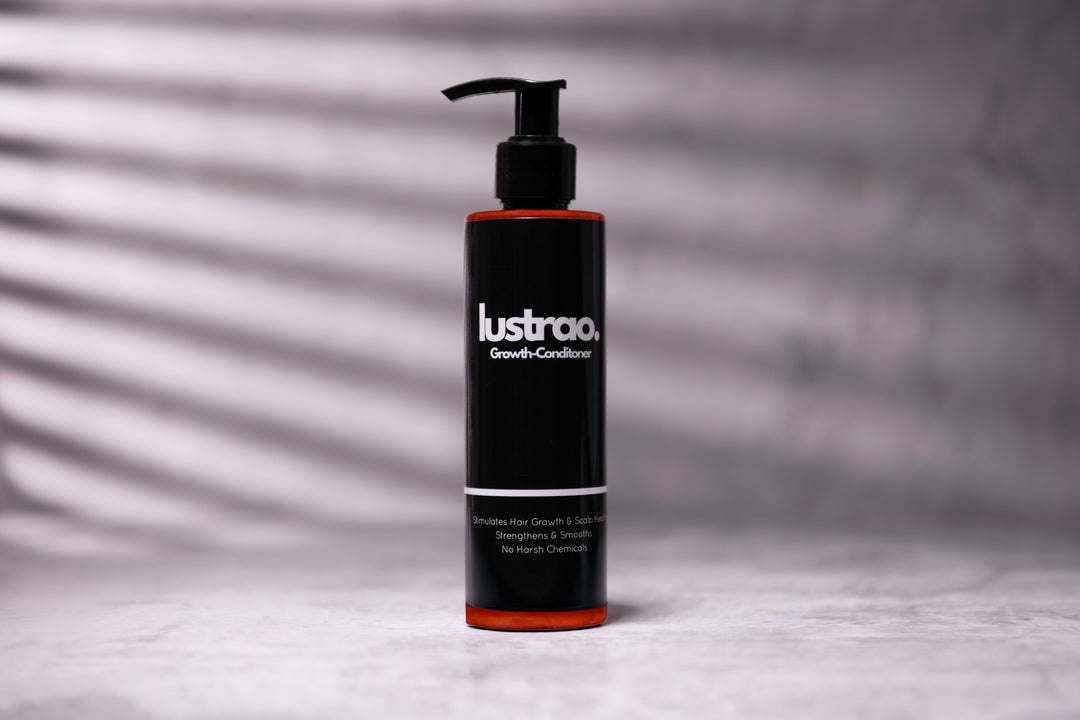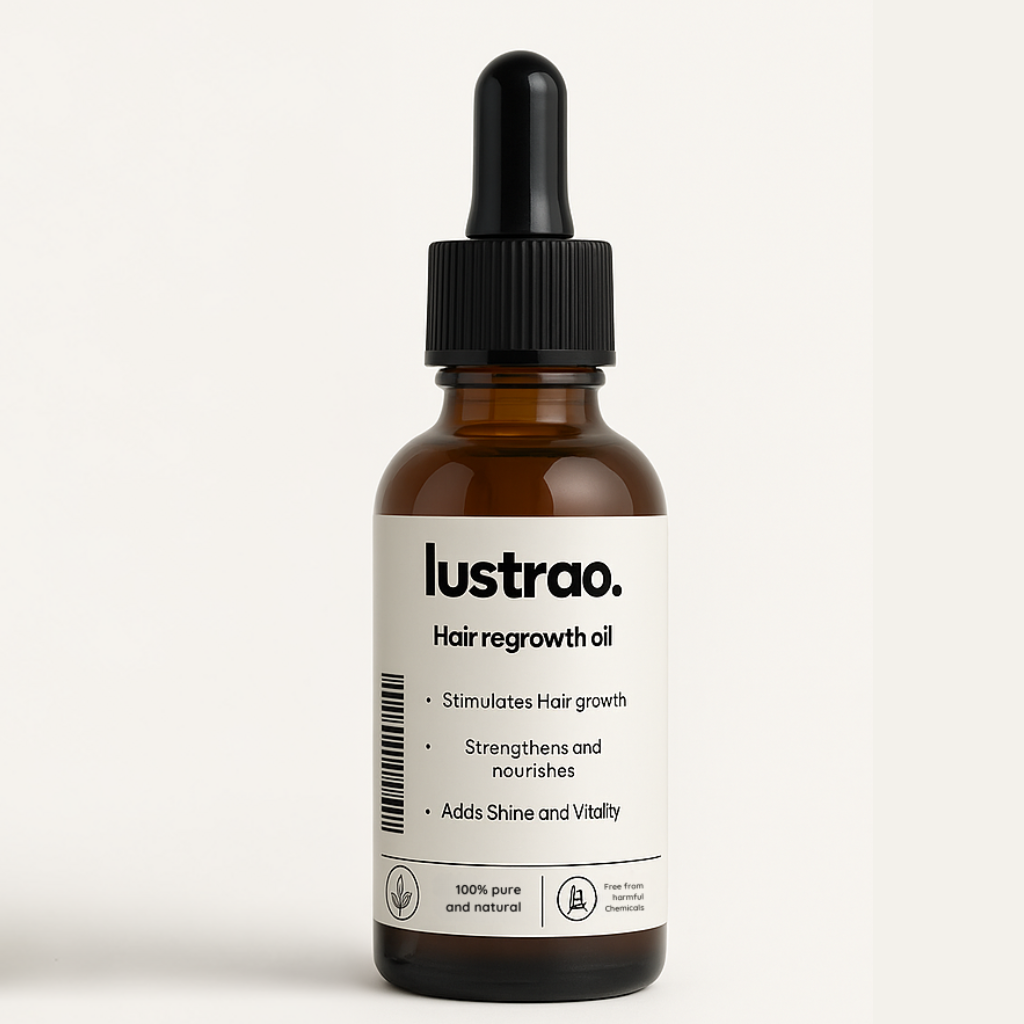
Does Rosemary Oil Really Work?
Rosemary oil has been hailed as a natural remedy for hair loss and a promoter of hair growth for centuries. With its aromatic scent and myriad health benefits, rosemary oil is a staple in many hair care regimens. But does it really work? Let's delve into the science and real-world evidence behind rosemary oil and its effects on hair health.
The Science Behind Rosemary Oil
Rosemary oil is derived from the leaves of the rosemary plant (Rosmarinus officinalis). It is rich in antioxidants, anti-inflammatory compounds, and essential nutrients that can promote hair growth and improve scalp health. Key components like rosmarinic acid, caffeic acid, and ursolic acid contribute to its therapeutic properties.How Rosemary Oil Works
1. Improves Circulation: Rosemary oil stimulates blood circulation to the scalp, ensuring that hair follicles receive the nutrients and oxygen they need for healthy growth.2. Reduces Inflammation: Its anti-inflammatory properties help soothe the scalp, reducing irritation and dandruff, which can contribute to hair loss.
3. Antimicrobial Properties: Rosemary oil helps maintain a clean scalp by fighting off bacteria and fungi that can cause scalp infections and hinder hair growth.
4. Strengthens Hair: Regular use of rosemary oil can strengthen hair follicles, reducing breakage and promoting thicker, healthier hair.
Real-World Evidence
Many people have reported positive results from using rosemary oil in their hair care routines. Users often notice a reduction in hair fall, increased hair thickness, and an overall improvement in hair health after consistent use. While individual results may vary, the anecdotal evidence supporting rosemary oil's efficacy is compelling.Comparing Rosemary Oil to Conventional Treatments
When considering hair loss treatments, many turn to conventional options like minoxidil and finasteride. However, these treatments come with potential drawbacks and side effects.Minoxidil:
Minoxidil is a well-known topical treatment for hair loss, but it can cause side effects such as scalp irritation, unwanted facial hair growth, and in some cases, more severe reactions. Read more about the drawbacks of minoxidil.
Finasteride:
Finasteride is another popular treatment, typically taken orally. While effective for many, it can cause side effects including sexual dysfunction, hormonal imbalances, and depression. Learn more about the side effects of finasteride.
Why Rosemary Oil is a Game Changer
Unlike these conventional treatments, rosemary oil offers a natural alternative with minimal risk of side effects. It's gentle on the scalp, easy to use, and provides additional benefits like improved scalp health and strengthened hair. Discover more about why rosemary oil is a game changer in hair care.How to Use Rosemary Oil
1. Scalp Massage: Mix a few drops of rosemary oil with a carrier oil like coconut or olive oil. Massage into your scalp for 5-10 minutes and leave it on for at least 30 minutes before washing it out.2. Hair Rinse: Add a few drops of rosemary oil to your shampoo or conditioner for a refreshing, hair-strengthening boost.
3. Leave-In Treatment: Dilute rosemary oil with water or a light carrier oil and use it as a leave-in treatment to promote ongoing hair growth and scalp health.
Conclusion
So, does rosemary oil really work? The evidence suggests that it does. With its natural properties and a plethora of benefits, rosemary oil is a safe and effective addition to your hair care routine. Whether you're dealing with hair loss or simply looking to improve your hair's overall health, rosemary oil is worth trying.Ready to experience the benefits of rosemary oil for yourself? Check out Lustrao's Hair Regrowth Oil, a potent blend of rosemary oil and other natural ingredients designed to promote healthy hair growth. Visit Lustrao for more information and to explore our full range of products.
Share







